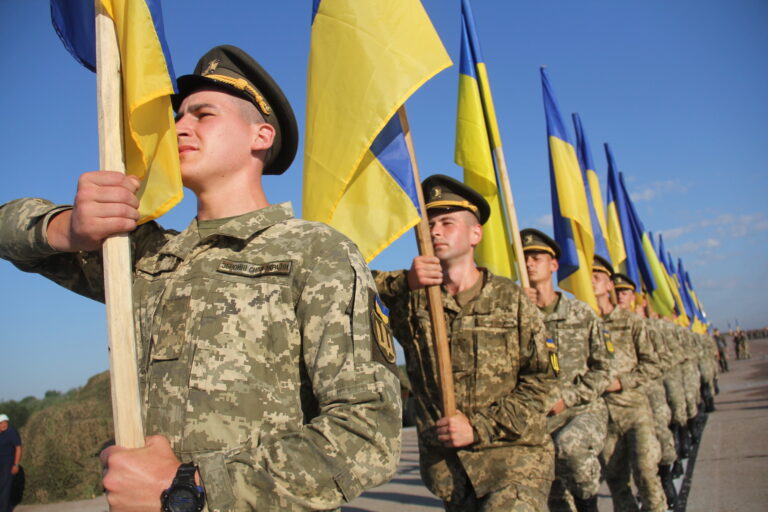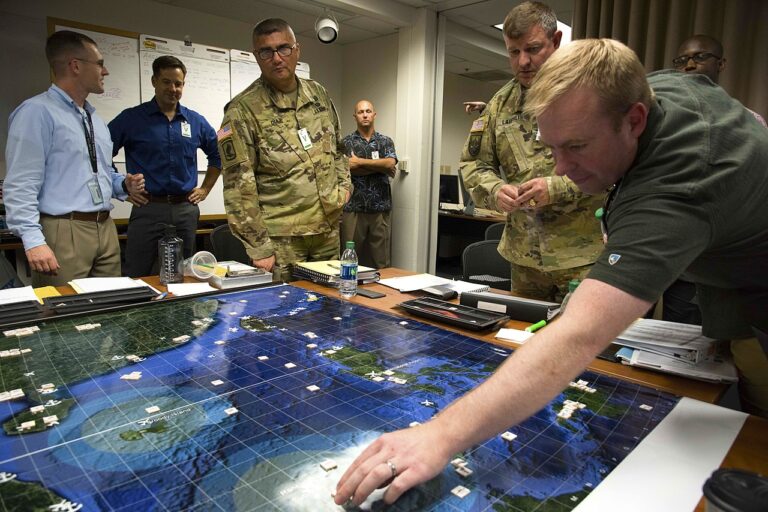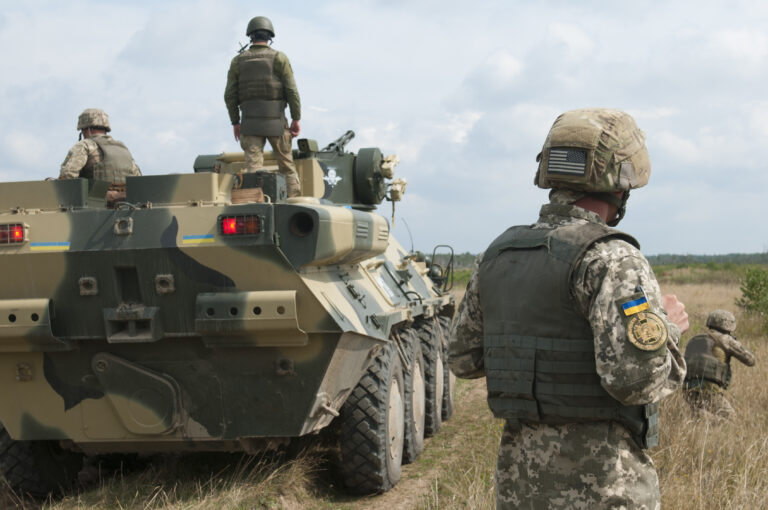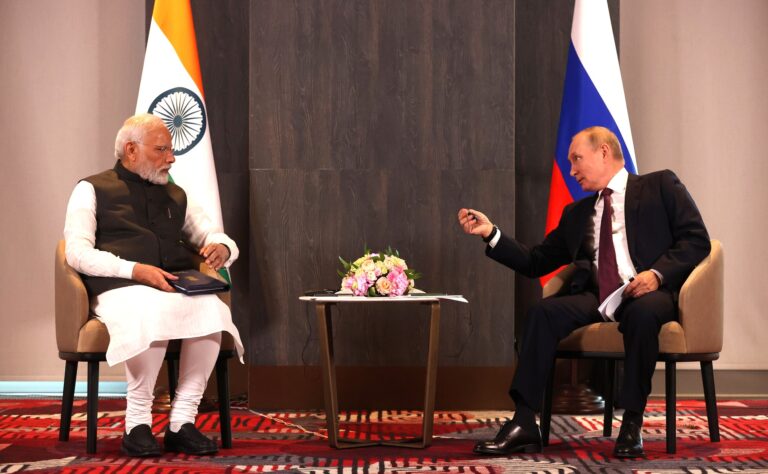#10. Prioritizing the Indian Ocean in US Indo-Pacific Strategy
Written by former South Asia Program Visiting Fellow Rushali Saha in February, this policy memo examines the geopolitical challenges of the Indo-Pacific ahead of 2023. The piece also argues for policy that is more inclusive of the Indian Ocean and sub-Saharan Africa in U.S. security and strategy.
#9. Testing Assumptions About the War in Ukraine, One Year Later
Days before the one-year anniversary of the war in Ukraine, Stimson experts across the Reimaiging U.S. Grand Strategy Program collaborated on a joint commentary, gathered their insights, and challenged popular assumptions around the conflict. The team created “an opportunity to assess both sets of conventional wisdoms, as well as the assumptions underlying them” and drew their own takeaways for policymakers in 2023.

#8. The ‘New’ New Middle East and its Global Consequences
In the days following the October 7 Hamas attacks on Israel, Stimson scholars worked around the clock to develop timely research and analysis on the violence, both the motivations and the implications. Published in the week following the attacks, this commentary by Mat Burrows and Bob Manning provided timely analysis on the ramifications of the Israel-Hamas war on the larger Middle East region, and the reverberations for Washington.
#7. Is a Chinese Invasion of Taiwan the Most Likely Scenario?
“Recent war games concerning a Taiwan contingency suggest devastating losses to both sides, a significant risk of escalation — including to the nuclear level — and only pyrrhic victories. But what if such a scenario has it backwards, and all-out conflict is Beijing’s least-favored path?”
Published in October, this policy memo from Stimson Center Distinguished Fellow Bob Manning interrogates assumptions to explore the spectrum of coercive techniques that China might employ against Taiwan. With recent remarks by Chairman of the Joint Chiefs Gen. Charles Q. Brown at the Reagan National Defense Forum and high-alert activity on the Taiwan strait, the policy memo has maintained traction throughout the last quarter of 2023.
#6. The Risks of U.S. Military Assistance to Ukraine
Originally published in July 2022, this commentary from Stimson’s Rachel Stohl and Elias Yousif saw peaking interest in the first few months of 2023 as the White House announced additional U.S. military assistance for Ukraine. Exploring the short- and long-term risks of Washington’s billions of dollars of military aid, Stohl and Yousif test the potential for weaponry misuse, equipment diversion, and escalation and spillover.
#5. Ideological and Religious Extremism Underlie the War Between Israel and Hamas
In the days following the October 7 Hamas attacks on Israel, Stimson scholars worked around the clock to develop timely research and analysis on the violence, both the motivations and the implications. This October 11 commentary from political scientist Mohammad Mazhari provided real-time analysis on the role of ideological narratives in both the October 7 attacks and the larger war.
#4. What Iran’s Purchase of Russian Jets Means for Regional Security
Following confirmation from news and media on Iran’s purchase of Russian Su-35 jets, this February commentary from Robert Czulda saw explosive interest in the days following the purchase. “From a security point of view, the most disturbing element of the deal is not the aircraft themselves but the reality of growing Russia-Iran cooperation,” writes Czulda.
#3. The Story Behind China’s Role in the Iran-Saudi Deal
Published just days after a historic Iran-Saudi diplomatic deal was brokered by China in March 2023, this commentary by Tehran-based political journalist Saeed Azimi explores China’s role in mediating the deal – and its motivations behind it.
#2. Continental Drift? India-Russia Ties After One Year of War in Ukraine
India’s muted public stance on the Russia-Ukraine war has raised more questions than answers on the state of the India’s relationship with its volatile neighbor to the north. A March commentary by Stimson Center South Asia Fellow Akriti Kalyankar Vasudeva and Dante Schultz examines how the Russia-Ukraine war, one year on, has accelerated three long-term shifts in Indian foreign policy.
#1. What drives Israel-Iran hostility? How might it be resolved?
This March commentary from Georgetown University honorary fellow Shireen Hunter was one of the first contributions to Stimson’s Middle East Voices commentary series, which launched in February of this year. The piece explores the factors that could mitigate entrenched hostilities between Iran and Israel, “and with it, many of Iran’s difficulties with the United States and other Western countries.” In the days following the October 7 Hamas attacks, the piece saw newfound interest as audiences sought out timely analysis on hostilities in the Middle East, cementing the piece as Stimson’s most viewed publication in the month of October – and for the year of 2023.









